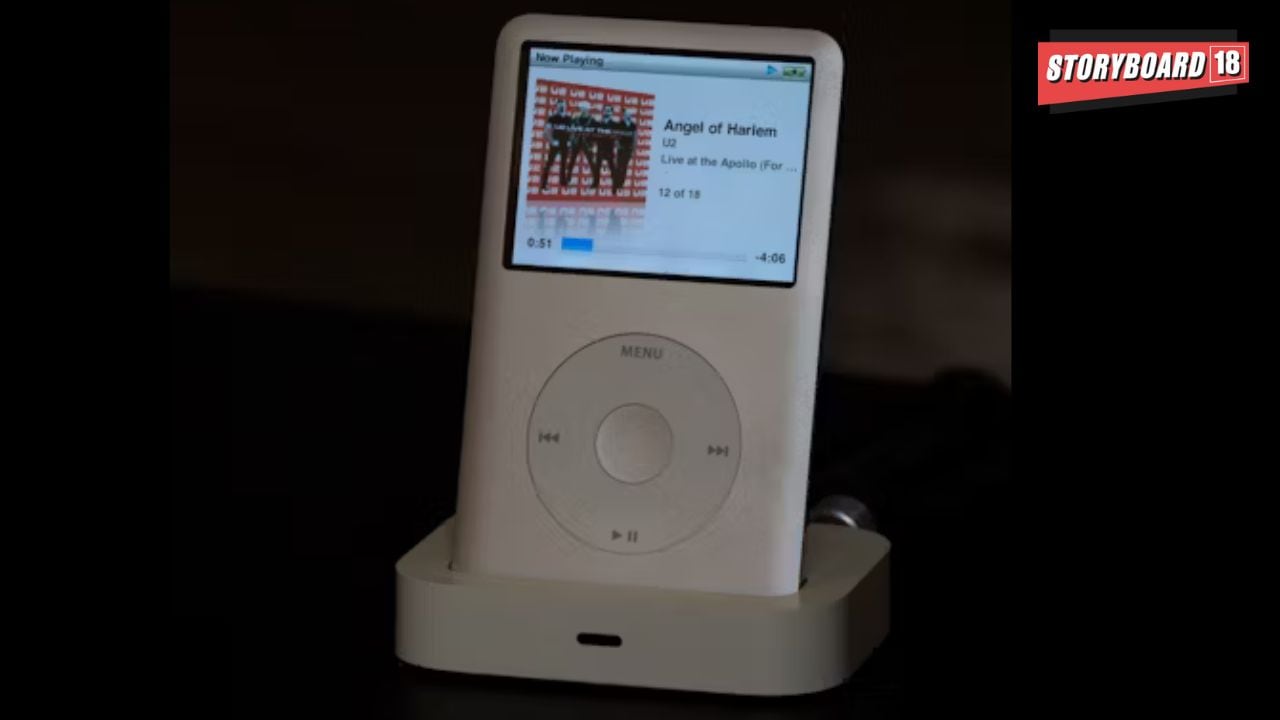Before Spotify, before AirPods, before streaming was even a thing—there was the iPod. If you grew up in the 2000s, you probably remember the thrill of scrolling that click wheel, making the perfect playlist, and carrying “1,000 songs in your pocket.” But how did this revolutionary gadget come to be?
The Birth of an Icon
In October 2001, Apple introduced the first iPod, a sleek white box with a 5GB hard drive and a mechanical scroll wheel. At a time when MP3 players were clunky and CDs were still king, the iPod was a game-changer. But the real magic? iTunes. It allowed users to easily buy, organize, and transfer songs — a seamless experience that turned Apple into a powerhouse in the music industry.
But did you know? The iPod’s origins go deeper than Apple.
🔹 The Man Behind the Magic – The iPod was secretly developed by Tony Fadell, an ex-Philips engineer who pitched the idea of a small MP3 player with an integrated music store. Steve Jobs loved it, and within eight months, the iPod was born.
🔹 The Hidden Toshiba Tech – Apple’s breakthrough came from an unlikely source: Toshiba. The company had developed a tiny 1.8-inch hard drive but didn’t know what to do with it. Apple saw the potential and used it to store more music than any competitor.
🔹 First iPods Weren’t Mac-Exclusive – The earliest iPods only worked with Macs, but in 2003, Apple launched iTunes for Windows. This opened the floodgates, turning the iPod into a global sensation.
🔹 The U2 iPod and Special Editions – Apple released limited-edition iPods, including a black-and-red U2 edition, a Harry Potter engraved version, and even a Hummer-branded iPod!
From Click Wheels to Touchscreens
Over the years, the iPod evolved:
iPod Mini (2004) – Smaller, colourful, and almost indestructible.
iPod Nano (2005-2012) – The sleek, ultra-thin version.
iPod Video (2005) – The first iPod to support movies.
iPod Touch (2007) – The gateway to the iPhone era.
At its peak, Apple sold 400 million iPods and dominated 70% of the digital music market. The iPod wasn’t just a gadget—it was a cultural phenomenon. It shaped music habits, fashion trends (remember iPod commercials with dancing silhouettes?), and even led to the birth of the iPhone.
The End of an Era
In May 2022, Apple officially discontinued the iPod. But its legacy lives on—every time you stream music, make a playlist, or slip on wireless earbuds, you’re experiencing a world the iPod helped create.
